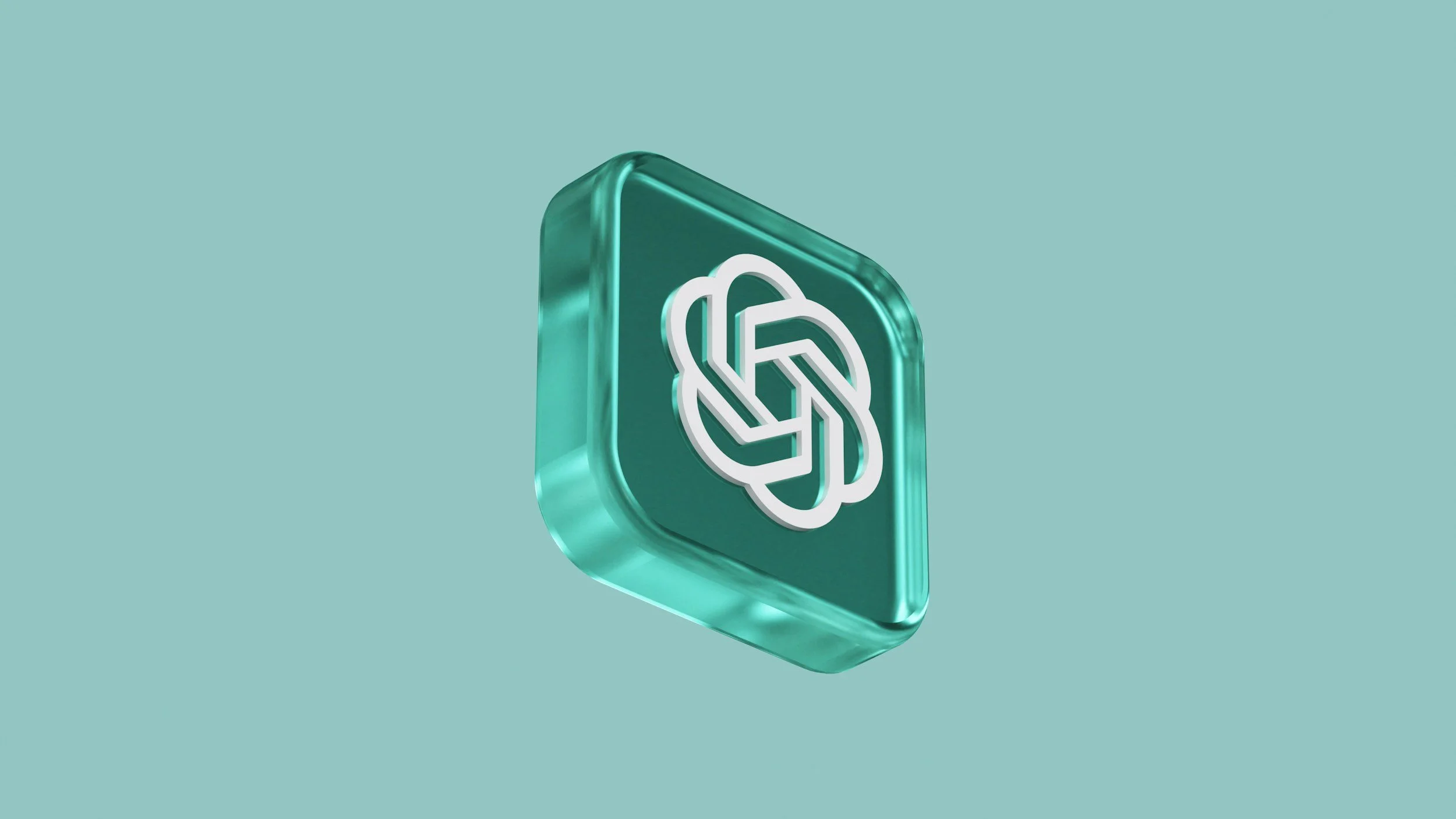How AI Helped an Autistic Teen Find His Voice

Editor’s note: The individual identified as “Dr. Jonathan Hale” requested that his real name not be used, in order to protect his son’s privacy.
When I interviewed Dr. Jonathan Hale, a data scientist, who has worked with the Department of Defense and the CIA, I expected to hear about algorithms and strategy. Instead, what he wanted most to share was a story about his son – and how artificial intelligence has changed the boy’s life.
Hale’s son is autistic. At 13, he was failing English. Despite years of effort—six, nearly seven—he couldn’t reliably produce a three-sentence paragraph. The boy was thoroughly discouraged and his future looked dim.
Then Hale introduced the young man to ChatGPT. Hale wanted to see if by any chance, an AI could help his son.
What started as a simple experiment became a breakthrough. The boy began by using the tool to see how sentences could be built. Instead of hearing a teacher telling him over and over again that he was getting it wrong, ChatGPT gave him examples to copy and bit by bit he began gaining confidence. Within months, his writing began to improve. Within two years, he went from failing English to earning As.
The turnaround was so dramatic that some teachers accused him of cheating. They said “What he handed in wasn’t his own work. He was cheating. He was having ChatGPT do his work.”
Officials at the school didn’t believe the young man’s insistence that he really had written the papers he had turned in. To find out, they put him in a room, with a pencil, and sheets of paper and then gave him a topic to write about. In a surprisingly short time, the youngster produced an essay with sophisticated vocabulary, sound structure, and clear organization. His only fault? The style was, as his teachers put it, “pure ChatGPT.”
For Hale and his family, the test proved that rather than merely copying—he had been learning.
Hale admits there are risks to using AI in schools. “Over-reliance on AI,” he warns, “is a real danger. You have to be judicious, just as you wouldn’t hand a teenager a car without teaching them to drive. However, when used responsibly and with guidance, the benefits are immense. In my son’s case, it made the learning possible. A big part is that AI removed the sting of constant failure.”
For a child with autism, AI provided a safe, non-judgmental space to build confidence. Hale believes that too often, schools treat AI as binary—something that’s either wonderful or something to be banned and punished. But this binary way of looking at AI overlooks its potential, as long as there’s guidance, and this is especially so for students who learn differently.
As Hale says, “With structure and guidance, AI can become a bridge, helping autistic children and others reach goals that once looked impossible. We need educators and parents to lead the way in equipping students with the skills to critically evaluate AI-generated outputs and we need to promote intuitive, personalized learning that recognize the vast opportunities AI presents.”
As his son turns 15, Hale hopes that other families will see what is possible. “At the end of the day,” he told me, “I want schools and parents to understand this isn’t about shortcuts. It’s about giving kids like my son the chance to succeed.”
War Correspondent Mitzi Perdue writes from and about Ukraine. She is the Co-Founder of MentalHelp.global, an on-line program that will begin providing online mental health support in Ukraine, available on-line, free, 24/7.
